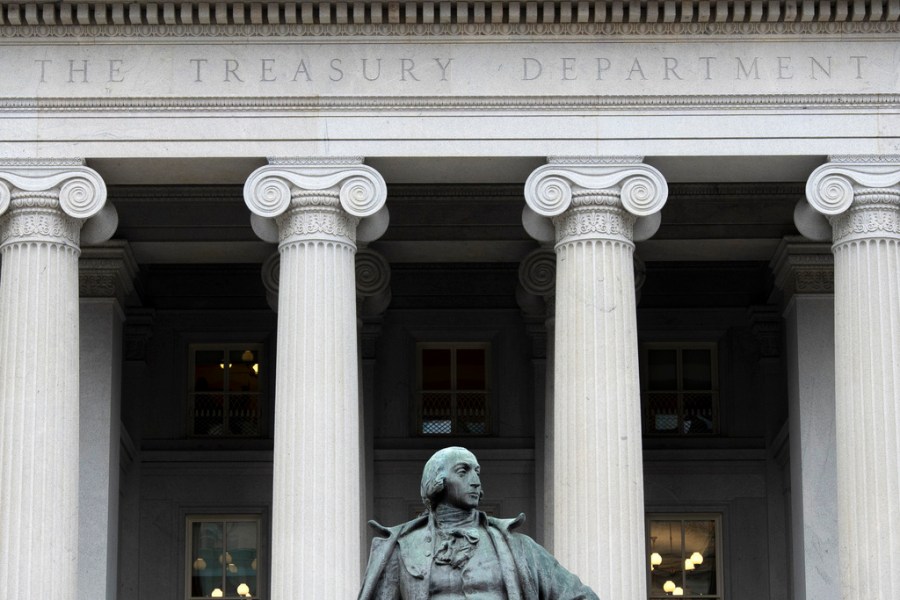
The Trump administration has enacted an executive order that prohibits regulators from considering “reputational risk” during examinations of financial institutions. This decision marks a significant shift aimed at reducing undue pressure on banks and fostering a more stable environment for businesses and consumers alike.
Under the new directive, financial regulators are expected to focus more on quantifiable metrics, rather than subjective assessments of reputational risk, which have historically led to increased scrutiny and potential debanking of legitimate entities. Supporters of this measure argue that it will encourage a more balanced approach to regulation, allowing businesses to operate without the constant fear of losing access to banking services.
Call for Legislative Action
In light of this executive order, there are calls for Congress to codify these changes into law. Advocates believe that formalizing this regulation will provide a more robust framework for financial oversight. Additionally, there is momentum for modernizing outdated anti-money laundering laws, which many consider to be in need of reform to better protect both consumers and businesses.
The current regulatory landscape has been criticized for being overly restrictive, with many businesses reporting difficulties in securing banking relationships due to concerns about reputational risks. By clarifying the rules and reducing reliance on subjective assessments, lawmakers hope to create a more favorable environment for economic growth.
Implications for the Financial Sector
The implications of this executive order extend beyond immediate regulatory adjustments. Financial institutions may now find it easier to conduct business with a broader range of clients, thereby enhancing competition and innovation within the sector. This could lead to improved services and lower costs for consumers.
Moreover, the shift in regulatory focus could help to foster a healthier business ecosystem where companies are judged on their performance rather than their perceived reputational risks. This is particularly important for small and medium-sized enterprises that often struggle to navigate complex regulatory environments.
As the legislative process unfolds, the financial community will be watching closely to see how these changes are implemented and what further reforms may be on the horizon. The Trump administration’s initiative represents a pivotal moment in the ongoing debate about the future of financial regulation in the United States.
In summary, the executive order banning the use of reputational risk in financial examinations is a significant step towards reforming banking regulations. With potential legislative backing and a focus on modernizing anti-money laundering laws, there is hope for a more equitable financial landscape that supports both businesses and consumers.







